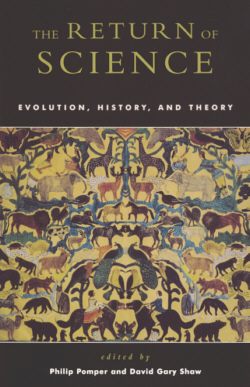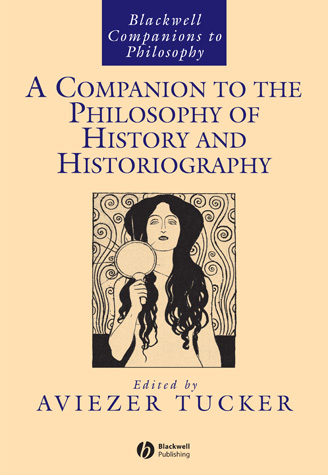
Nein, ich möchte lieber zur deutschen Version
Are there any laws of history? Does history really follow predetermined trajectories?
Many thinkers of the past would have answered “yes“; the belief in historical laws can be traced backwards through the millennia. For instance, the Greek historian Polybios presented in his Histories the concept of anakyklosis, which implies the cyclic and “natural“ return of different types of political constitutions.
The chain of historiographic and philosophical works in this tradition lasts until about the first half of the twentieth century. In more recent times, however, the notion of historical laws has become extremely unpopular, and hardly any historian (archaeologist, philosopher of history etc.) would dare to use this notion.
Crucially responsible for this situation are the philosophers Karl Popper and Isaiah Berlin with their attacks against “Historical Determinism“, the notion that the course of history is predetermined by strict and irrevocable laws.
However, the historian Edward Hallett Carr has noticed already in the sixties that the attacks of Popper and Berlin are futile, because such an extreme version of historical determinism is no longer maintained by anybody.
And one must not throw out the baby with the bathwater here: Even though history is not irrevocably determined, this does not imply that there are no regularities at all in historical processes.
More on these issues is found in an article in History & Theory from 1999. It is written from the perspective of a natural scientist, who looks from the outside at the historical disciplines: The existence of laws is generally accepted in the natural sciences – what does this teach us about (potential) historical laws? In expanded form this paper has appeared as a book chapter in:
|
Philip Pomper and David Gary Shaw (eds.): The Return of Science: Evolutionary Ideas and History. 320 pages, Rowman & Littlefield Publishers, Lanham, April 2002, ISBN 0-7425-2160-5 (Hardcover), 0-7425-2161-3 (Paperback). You can buy it for instance here. Publisher’s text: Social scientists, philosophers, and mathematicians have adapted evolutionary theory for use in a variety of disciplines for several decades, but until now historians have lagged behind. In The Return of Science, several distinguished historians join prominent scholars from a wide range of disciplines to debate the applications of evolutionary theory to cultural, social, economic, and political phenomena. The contributors offer original theoretical approaches and deal with issues such as the benefits, limits, and dangers of using evolutionary theory in the social sciences, the problem of defining units of evolution, the use of mathematics in historical study, and the appropriateness of chaos theory in historical study. Originally published as part of the journal History and Theory, these revised and updated essays are a valuable resource for historiographers. List of Contributors: David Gary Shaw, William H. McNeill, Albert F. H. Naccache, Bruce Mazlish, Donald E. Brown, Doyne Dawson, Martin Stuart-Fox, Philip Pomper, Alonso Pena, Noel Bonneuil, Joseph Fracchia, R. C. Lewontin, and Stephan Berry. About the Authors: Philip Pomper is William F. Armstrong Professor of History at Wesleyan University. David Gary Shaw is associate professor of history at Wesleyan University. |
 |
A more recent contribution addresses the issue from a different angle. This time the main focus is on current developments especially within historiography and archaeology. This paper is a chapter from the volume:
|
Aviezer Tucker (ed.): A Companion to Philosophy of History and Historiography. Blackwell, October (UK) / November (US) 2008, ISBN 9781405149082. You can buy it for instance here. Editor’s summary: The purpose of the Blackwell Companion to Philosophy of History and Historiography will present the current stage of philosophical research and examination of history and historiography. The emphasis will be on an updated analysis of the contemporary problems of the philosophy of history; only a few entries will be devoted to the main historical figures. The companion will cover all the main approaches and schools in the philosophy of history, mostly analytic philosophy, but also other schools and approaches. Anybody from a freshman undergraduate to a professional philosopher should be able to find answers to any question they may have about the philosophy of history and historiography. Most of the problems of the philosophy historiography are epistemic: how do we gain knowledge of the past; what is the status of this knowledge; what is the relation between historiography, representations of past events and history, past events. Metaphysical problems concern the status of the past and the meaning of history. Ethical problems include the judgements we can make about the conduct of people in the past and the ethics of history writing. A Companion to Philosophy of History and Historiography is divided into five sections: Major Fields, Basic Problems and Concepts of Philosophy of Historiography, Meta-discipline and Inter-discipline, Approaches to Philosophy of History, and Philosophers of History and Historiography. |
 |